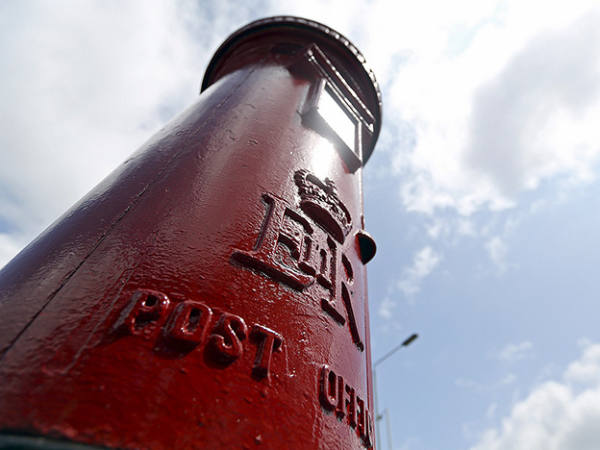Amid growing fears over the UK’s energy security, the opposing factions in the Scottish independence debate have done little other than use the issue of North Sea oil & gas as a political football.
SNP leader Alex Salmond has been criticised over exaggerated claims over the potential benefits of North Sea oil to an independent Scotland. Last year, Scotland’s first minister asserted that the offshore reserves would be worth £300,000 a head for every Scot over the next 40 years. Aside from the fact that this figure is well beyond any current independent estimate, there’s the small matter of which country can rightfully lay claim to the UK’s existing North Sea assets – apparently it’s far from clear in law. And even if Holyrood did wrest control, nearly all of Scotland's North Sea oil and gas production would be licensed to foreign companies.
Nevertheless, a degree of hyperbole on the part of Scottish nationalists is to be expected. But the reticence of Westminster to offer any assurance to North Sea drillers this side of the referendum seems a little cynical. On Monday, the government indicated that it was undertaking a review of the tax regime governing offshore oil & gas exploration. This will entail a formal consultation process lasting up to three months, which will take it well beyond Scotland’s date with destiny.
Whoever ends up with the remit, urgent regulatory and fiscal reforms are needed. The North Sea meets just under half the UK’s energy demand, but production has declined markedly since 2010. On current trends the UK could be importing up to 90 per cent of its gas requirements within 20 years. (As late as 2004, the UK was a net gas exporter). Put another way, if North Sea oil & gas were to run dry, the UK’s balance of trade deficit would nearly double. The industry pumped in £14bn into the UK economy last year, marking it as the biggest industrial investor. So with upwards of 20bn barrels up for grabs, there’s no shortage of incentives for government.
Natural gas supply and consumption
But despite the long-running success of the industry, short-termism at HM Treasury threatens to bring it to a premature end. The Labour government bumped-up corporation tax for oil companies during its time in office, while the coalition, though ostensibly supportive of UK offshore, still increased the supplementary tax levied on oil and gas production from 20 per cent to 32 per cent. The move increased the effective tax rate to at least 62 per cent, with profits on some mature fields liable for as much as 81 per cent.
If the Dept of Energy is intent on turning things around, what can be done? Well, given the relative maturity of the UK’s fields, the country needs to boost incentives for exploration drilling in marginal fields. One of the ways Norway maintains production rates from its North Sea fields is through a tax rebate system whereby companies are able to claim nearly 80 per cent of their exploration costs if they drill a dry hole. This significantly reduces the risks associated with exploratory drilling. Time will tell if HM Treasury can be persuaded to take a more holistic view of the industry as part of the wider UK economy, rather than simply an immediate source of tax revenues.
Interestingly, press speculation has intensified that global private equity is poised to snap-up underperforming North Sea assets. Till recently, the amounts given over to North Sea energy by members of the British Private Equity & Venture Capital Association were relatively modest when compared to their investments in the alternative energy sector. (The relative rate of subsidies has something to do with that). But is this about to change? Well, last month BG Group (BG.) generated £562m through the sale of its 62.8 per cent interest in the Central Area Transmission System (Cats) gas pipeline to Antin Infrastructure Partners, which manages private equity infrastructure funds in Paris and London. Separately, a US private equity operation – Prostar Capital - has recruited North Sea specialist Trap Oil (TRAP) to help it find suitable targets. It has also been reported that private equity heavyweights Blackstone and Kohlberg Kravis Roberts & Co are planning to invest in shell companies to boost their regional exposure. Neither of these organisations is exactly synonymous with intemperate investment decisions.









